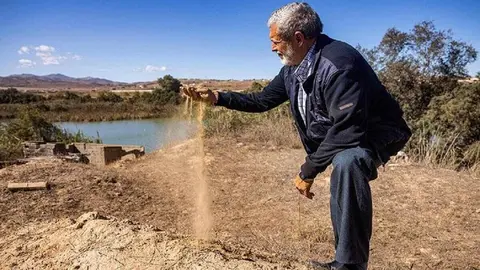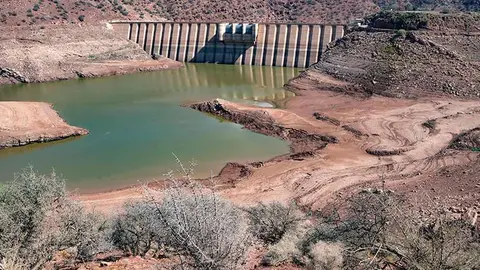Morocco steps up its strategy to combat the water crisis
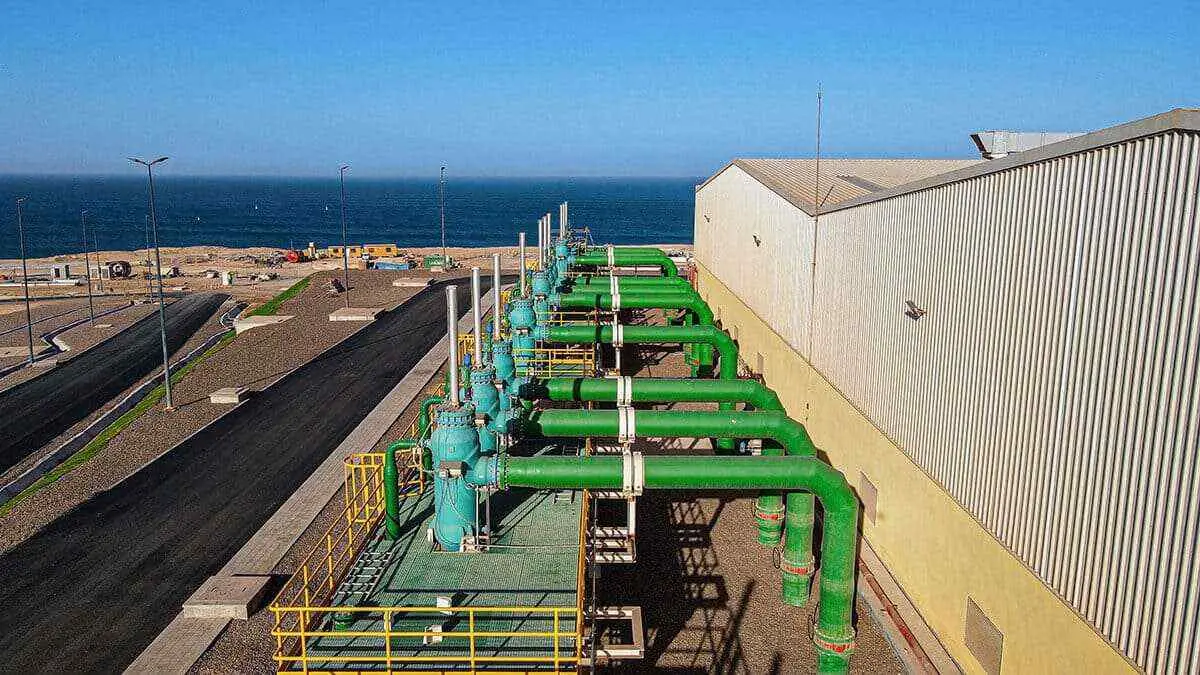
The Moroccan government has redoubled its efforts to implement the national water management strategy, aligned with the guidelines set out by King Mohammed VI in his 25th Throne Speech. This strategy focuses on combating the country's water stress, a problem exacerbated by successive years of drought and increasing demand for water resources.
As reported by Al Arab, Prime Minister Aziz Akhannouch chaired a crucial meeting of the Steering Committee of the National Drinking Water Supply and Irrigation Programme 2020-2027, held in the city of M'diq. During the meeting, all projects included in the programme were reviewed, setting priorities and organising a timetable for implementation. Akhannouch stressed the need to speed up the implementation of these projects, ensuring their efficiency and compliance with the stipulated deadlines, in line with the King's directives in his speech.
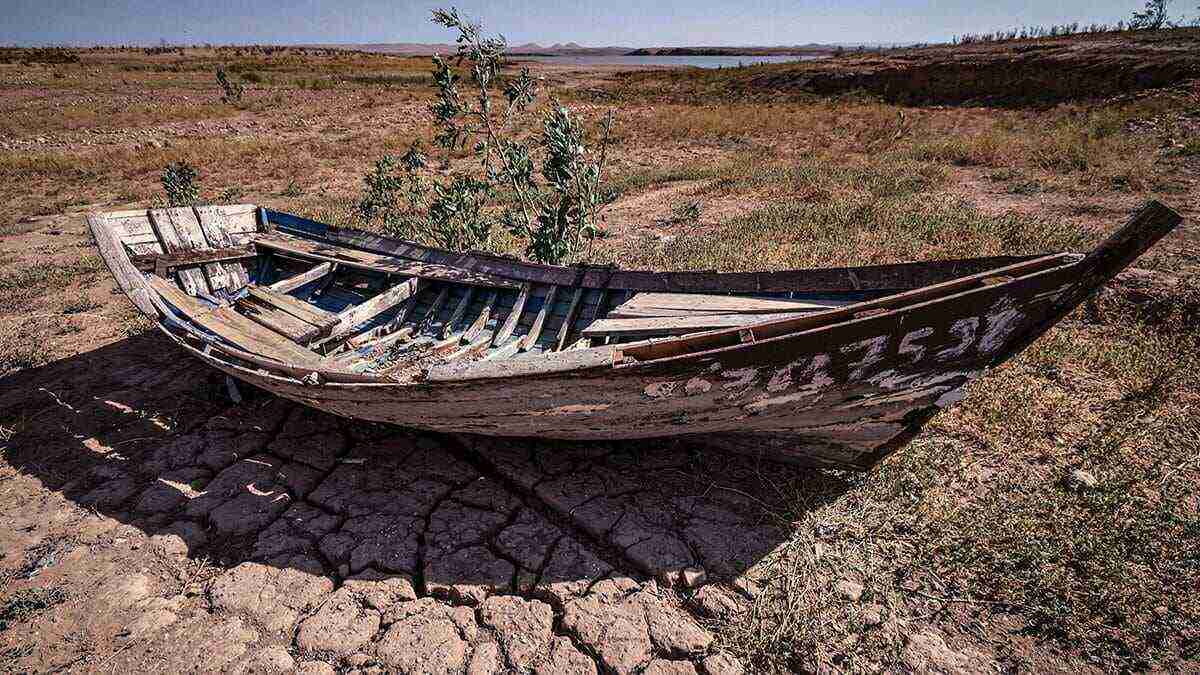
The Moroccan government has identified seawater desalination as a key solution to mitigate the country's water deficit. Morocco currently has 12 desalination plants with a total capacity of 179.3 million cubic metres per year. Seven additional plants are planned for construction by 2027, which will add a capacity of 143 million cubic metres per year.
This ambitious plan is part of a broader effort to diversify water sources, which also includes building new reservoirs and improving distribution networks.
The country faces an annual water demand of more than 16 billion cubic metres, 87 per cent of which is for agricultural consumption. However, the available resources have not reached more than 5 million cubic metres per year in the last five years, underlining the seriousness of the problem.
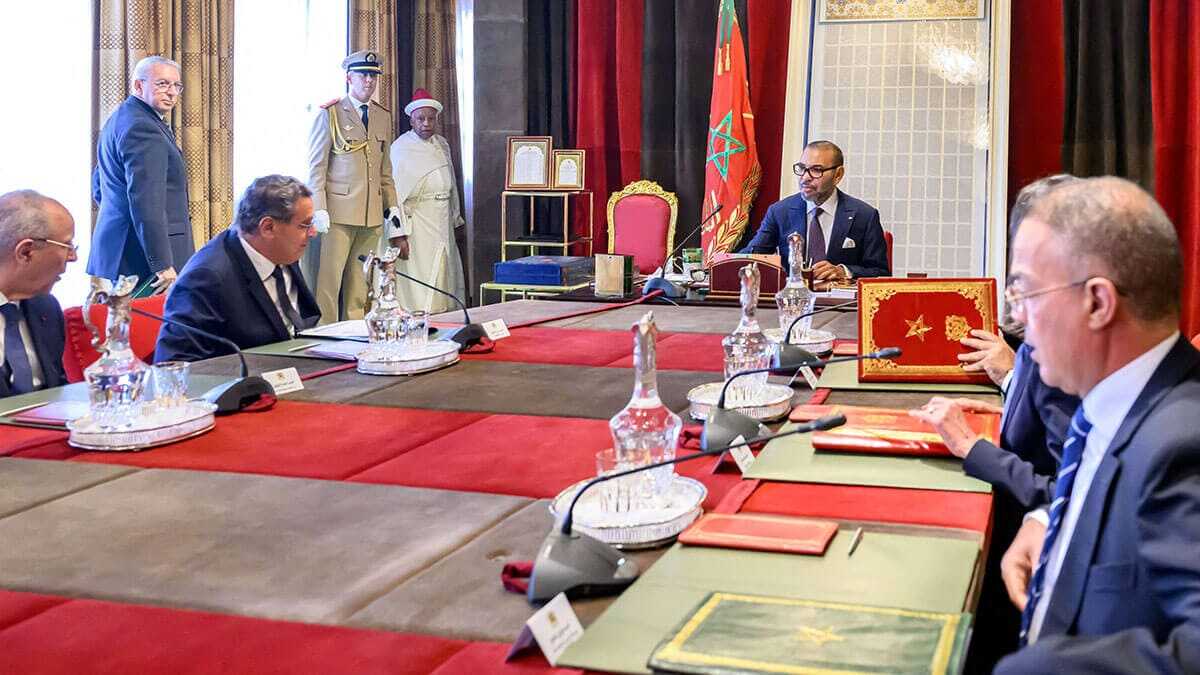
Within the framework of the royal strategy for equitable water distribution, the government has allocated nearly 250 million dirhams (25 million dollars) for the implementation of projects related to drinking water supply and liquid sanitation in desert regions, with a particular focus on the city of Dakhla. This effort includes the rehabilitation of the drinking water distribution network and the modernisation of the sewerage network, projects that aim to improve the efficiency of these infrastructures and reduce water losses.
Professor Fouad Amraoui, an expert in water sciences at Ain Chock University in Casablanca, highlighted the importance of the Alawi king's speech as a call to action for all parties involved in water management in Morocco. Amraoui stressed that the strategy focuses not only on increasing water storage and distribution capacity, but also on wastewater reuse and training in advanced water management technologies.
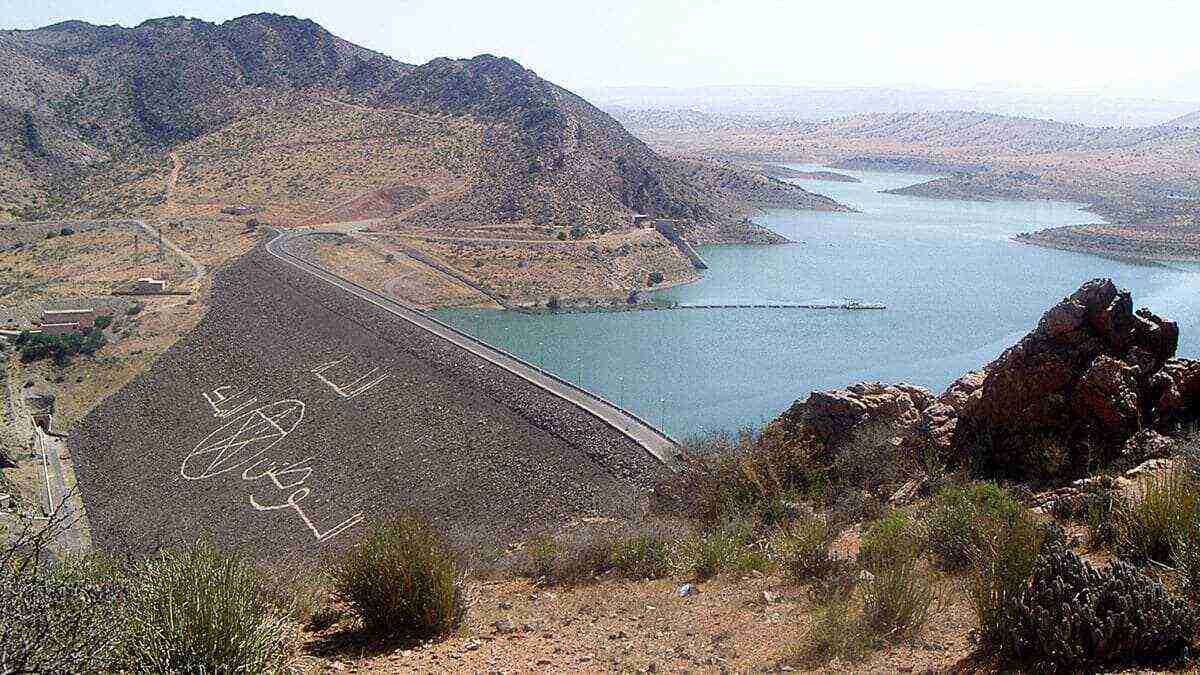
Morocco's water crisis has been a subject of political controversy, with accusations levelled at the Justice and Development Party for failing to invest adequately in critical infrastructure during its terms in government. However, the current administration is seeking to rectify these problems through a series of initiatives that promote more efficient and sustainable management of water resources.
Morocco is therefore taking a multi-faceted approach to addressing its water crisis, ranging from major infrastructure projects to improvements in water management and efficiency. These actions demonstrate a national commitment to ensuring adequate and sustainable water supply in all regions of the country, adjusting to changing climatic conditions and the needs of the population.


